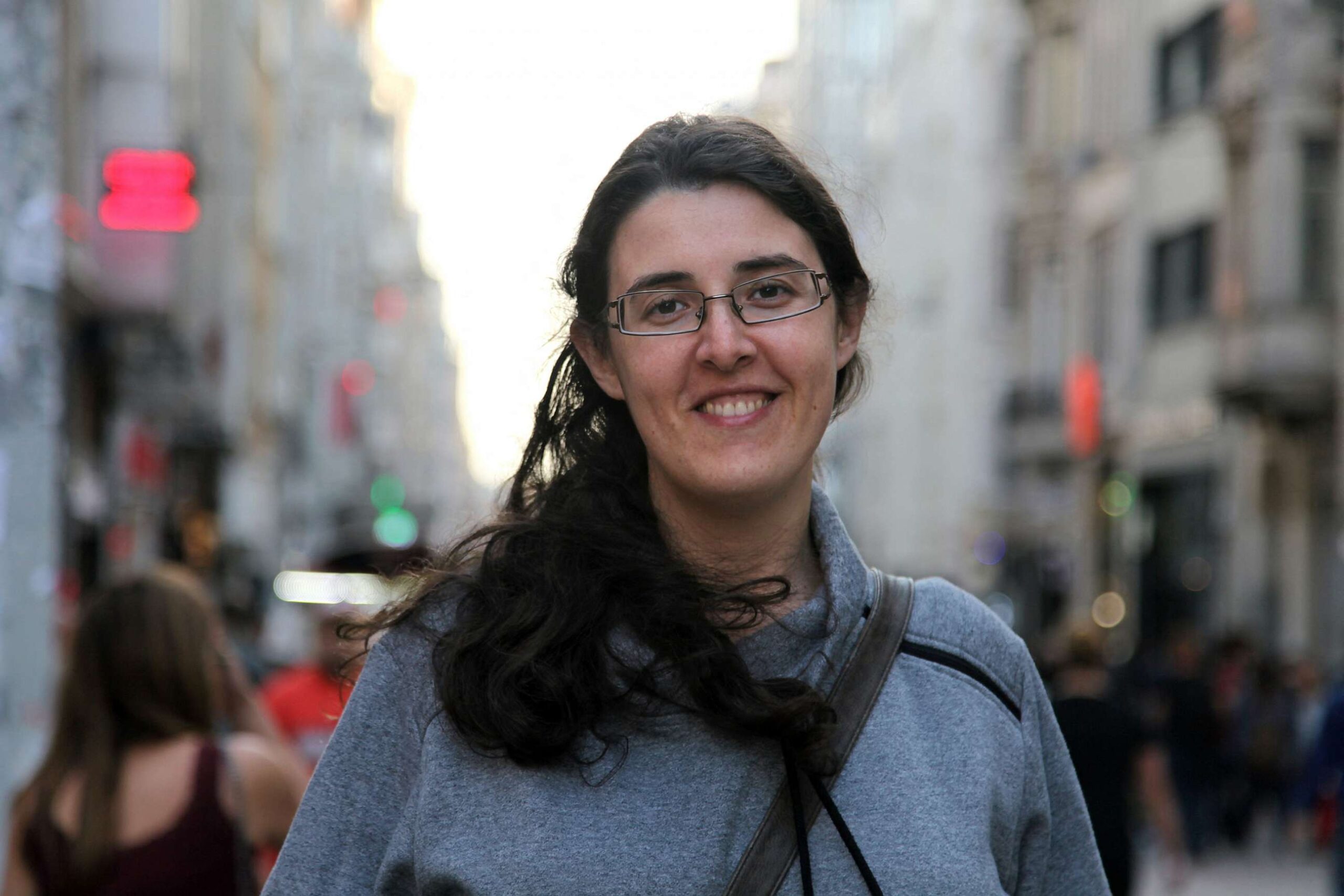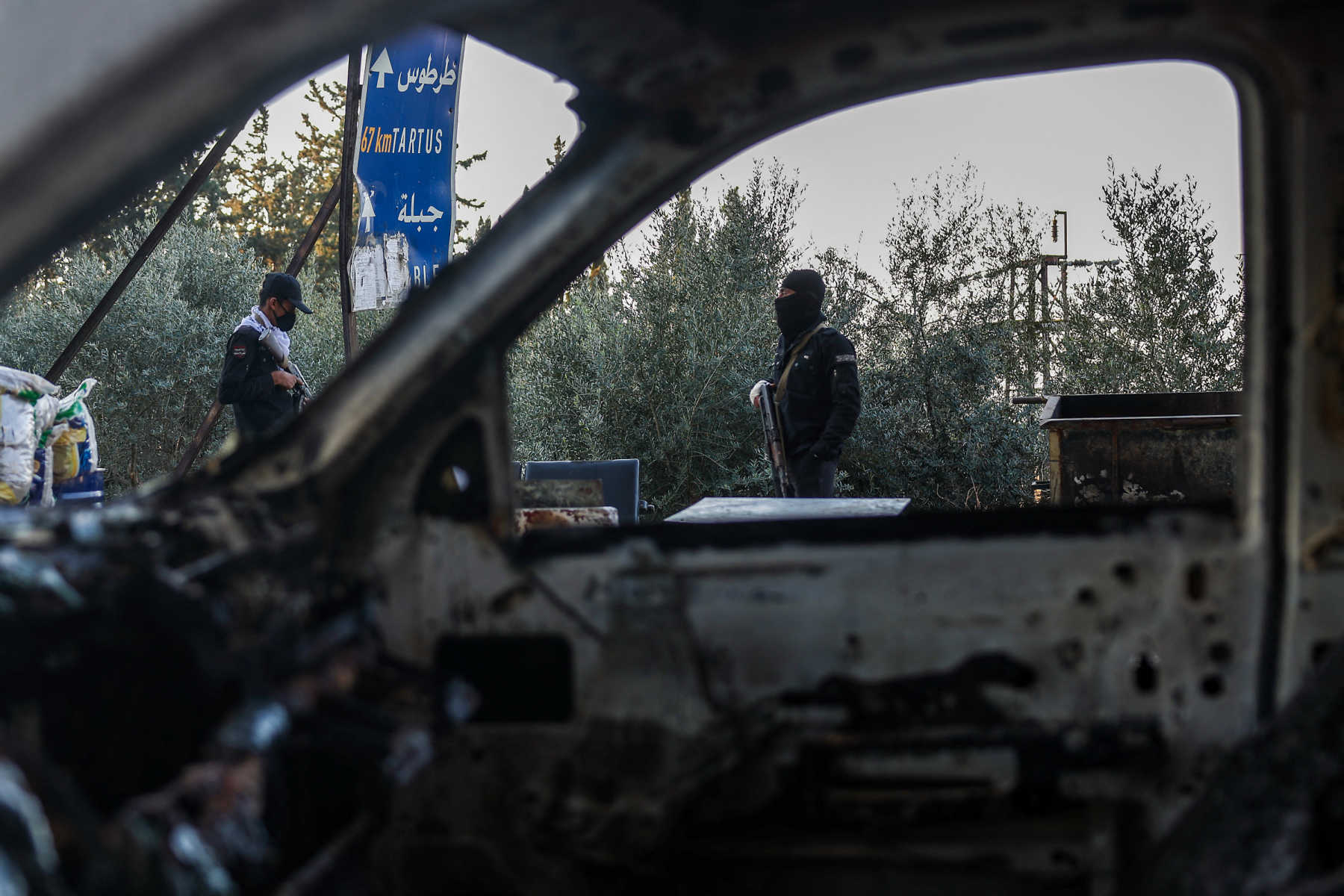Ahmed al-Nuaimi is an Emirati activist living in political exile in the United Kingdom. He was tried in absentia and sentenced to 15 years prison in the infamous UAE94 trial in 2013.
While the COP28 climate summit, billed as "the most inclusive COP ever," was in full swing in the United Arab Emirates earlier this month, 87 Emirati human rights defenders were put on mass trial. It was a sham, as they were not allowed to appropriately defend themselves from false charges of terrorism.
This is not the first mass trial of these human rights defenders. A decade ago, in March 2013, I myself was one of the 94 Emiratis who were given unjust prison sentences in a mass trial now known as the "UAE 94" case. We were all falsely accused of terrorism too. All we had done, in truth, was sign a petition asking for increased political participation and constitutional reforms in the UAE.
I am able to write this piece now because a year before that trial, I was traveling for work in the United Kingdom and was warned that I would be arrested if I returned to the UAE. I was later sentenced in absentia to 15 years in prison, and I have never gone back home. Despite having a travel ban put on them, my wife and five of my children were able to flee the UAE themselves in 2014, leaving through a land border and eventually joining me in the U.K. But one of my sons, who was disabled and could not travel, died in 2021 while still in the UAE. I was never able to see him again.
The UAE acts with total impunity because it knows it can get away with anything.
- Ahmed al-Nuaimi
Since my sham trial, I have seen the UAE transform its global reputation from a once-sleepy oil producer to a glamorous destination for the world's rich and elite. But this transformation has only been cosmetic, masking the daily injustices faced by so many Emiratis. In May of this year, the U.N. Human Rights Council carried out its "Universal Periodic Review" of human rights in the UAE—as it does with all member states—and offered a long list of 323 recommendations on how the UAE can improve its grim human rights record.
Months later, the UAE presented its formal response to the Human Rights Council, rejecting 40 percent of its recommendations, including those related to freedom of expression and association and the ratification of the U.N. Convention Against Torture. Although the UAE accepted the recommendation from the British government that it should investigate "immediately and impartially if a complaint about the treatment of detainees is made," the Emirati government rejected many other provisions related to prisoners—including to free prisoners of conscience and human rights defenders. That includes my fellow defendants from the UAE94 trial, like activist and poet Ahmed Mansoor and economist and academic Nasser bin Ghaith, who have since been tried again on bogus political charges.
The UAE also rejected any suggestion that it should improve freedom of speech and expression—the very reason why all of us were tried in the first place, accused of terrorism simply for expressing an opinion contrary to the ruling families of the Emirates. Those less lucky than I was, who could not flee in time, have been held in prison ever since, often in conditions that amount to torture. The fact that the very same Emirati authorities who are arresting their own people just for expressing their opinions now want to buy a major British newspaper, The Telegraph, is beyond farcical.
And yet despite all this—and to say nothing of the absurdity of climate talks being hosted by one of the world's largest oil producers—the UAE was still chosen as the host of COP28.
Every democratic country that panders to the UAE and refuses to hold it accountable is partly responsible for this latest mass trial of the best and brightest Emiratis who, I fear, will never taste freedom again.
- Ahmed al-Nuaimi
The UAE acts with total impunity because it knows it can get away with anything. Why else would Emirati authorities decide to hold a mass trial of human rights activists and intellectuals right when the world's spotlight was on the UAE for the United Nations climate conference? Amnesty International rightly described it as "a jaw-dropping show of contempt for human rights by the Emirati authorities." The timing indeed seemed intentional: "to send a clear message to the world that it will not tolerate the slightest peaceful dissent," whether during COP28 or after.
Every democratic country that panders to the UAE and refuses to hold it accountable is partly responsible for this latest mass trial of the best and brightest Emiratis who, I fear, will never taste freedom again. But I will use my own freedom in exile to keep fighting for those who had it taken away, and I hope governments with influence and leverage—and a stated commitment to democracy—do the same.

















![Security forces loyal to the interim Syrian government stand guard at a checkpoint previously held by supporters of deposed president Bashar al-Assad, in the town of Hmeimim, in the coastal province of Latakia, on March 11, 2025. Syria's new authorities announced on March 10, the end of an operation against loyalists of deposed president Bashar al-Assad, after a war monitor reported more than 1,000 civilians killed in the worst violence since his overthrow. The Syrian Observatory for Human Rights said the overwhelming majority of the 1,068 civilians killed since March 6, were members of the Alawite minority who were executed by the security forces or allied groups. (Photo by OMAR HAJ KADOUR / AFP) / “The erroneous mention[s] appearing in the metadata of this photo by OMAR HAJ KADOUR has been modified in AFP systems in the following manner: [Hmeimim] instead of [Ayn Shiqaq]. Please immediately remove the erroneous mention[s] from all your online services and delete it (them) from your servers. If you have been authorized by AFP to distribute it (them) to third parties, please ensure that the same actions are carried out by them. Failure to promptly comply with these instructions will entail liability on your part for any continued or post notification usage. Therefore we thank you very much for all your attention and prompt action. We are sorry for the inconvenience this notification may cause and remain at your disposal for any further information you may require.”](https://dawnmena.org/wp-content/uploads/2025/04/syria-22039885951-350x250.jpg)











![Security forces loyal to the interim Syrian government stand guard at a checkpoint previously held by supporters of deposed president Bashar al-Assad, in the town of Hmeimim, in the coastal province of Latakia, on March 11, 2025. Syria's new authorities announced on March 10, the end of an operation against loyalists of deposed president Bashar al-Assad, after a war monitor reported more than 1,000 civilians killed in the worst violence since his overthrow. The Syrian Observatory for Human Rights said the overwhelming majority of the 1,068 civilians killed since March 6, were members of the Alawite minority who were executed by the security forces or allied groups. (Photo by OMAR HAJ KADOUR / AFP) / “The erroneous mention[s] appearing in the metadata of this photo by OMAR HAJ KADOUR has been modified in AFP systems in the following manner: [Hmeimim] instead of [Ayn Shiqaq]. Please immediately remove the erroneous mention[s] from all your online services and delete it (them) from your servers. If you have been authorized by AFP to distribute it (them) to third parties, please ensure that the same actions are carried out by them. Failure to promptly comply with these instructions will entail liability on your part for any continued or post notification usage. Therefore we thank you very much for all your attention and prompt action. We are sorry for the inconvenience this notification may cause and remain at your disposal for any further information you may require.”](https://dawnmena.org/wp-content/uploads/2025/04/syria-22039885951-360x180.jpg)







